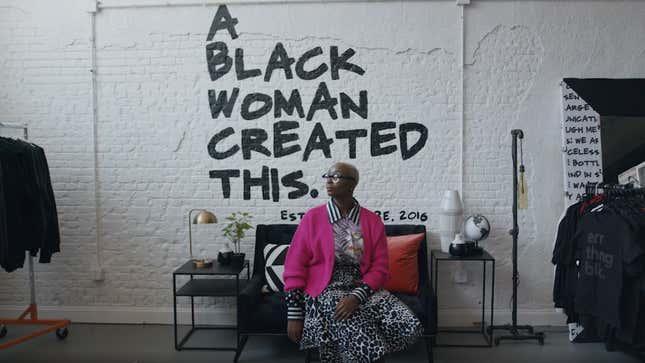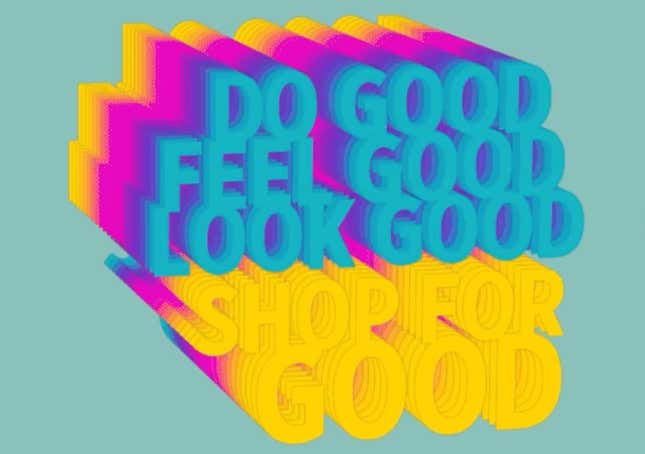
“You good?” read the motif on one of the designs in Target’s Black History Month 2021 assortment, a now-annual rollout featuring collaborations with Black makers—and one arguably ahead of the curve of last year’s so-called “racial reckoning.” In the wake of the current racial justice movement, which was tragically reinvigorated in May on 2020, followed by last June’s largely performative #BlackoutTuesday, calls for greater equity, economic opportunity and reformed policing are among the many demands still on the table in a now-21st century civil rights movements.
But while even the need to discuss and “study” reparations remains under debate, the #BuyBlack movement has seen the most immediate progress, as Black entrepreneurs have seen unprecedented traction in their goods and services, in addition to any number of initiatives and coalitions formed to make the retail landscape more reflective of the United States, as noted by Business of Fashion on Friday .
Although you wouldn’t know it looking at corporate America before mid-2020, the Buy Black movement isn’t new. Black businesses and the push to support them have always been around, but the movement was often contained within communities of colour. What’s different this time—and the reason the demand has held up over the past nine months—is it’s finally getting broader buy-in from White consumers and brand-name companies with deep pockets.
“This go-round, the push to buy Black was bigger than I’ve ever seen before,” Mandy Bowman of the online Black-owned business directory Official Black Wall Street told BoF, which also aptly noted what we’ve long known to be true: It’s not just goodwill, but good business.
Big companies aren’t embracing Buy Black for purely altruistic reasons; Black consumers in the U.S. have more than $1 trillion to spend annually, according to market research firm Nielsen. They and the increasingly important and socially conscious Gen Z consumers are looking for mission-driven companies, with stances rooted in environmentalism, equality or, ideally, both.
Accordingly, ours eyes were among many peeled to see how retailers would approach Black History Month this year; traditionally the month big businesses and brands take notice of the rich and varied history of Black America (not to mention the tremendous power of the Black dollar). Even as the month now comes to a close, support and celebration of Black creators and entrepreneurs certainly shouldn’t. That’s why we’re happy to report that many of this year’s Black History Month initiatives are more than just campaigns, instead signaling rollouts, launches and deeper structural shifts that stand to last far longer than the shortest month of the year—and meaning that even on February 28, it’s not too late to partake. So, what’s good?



